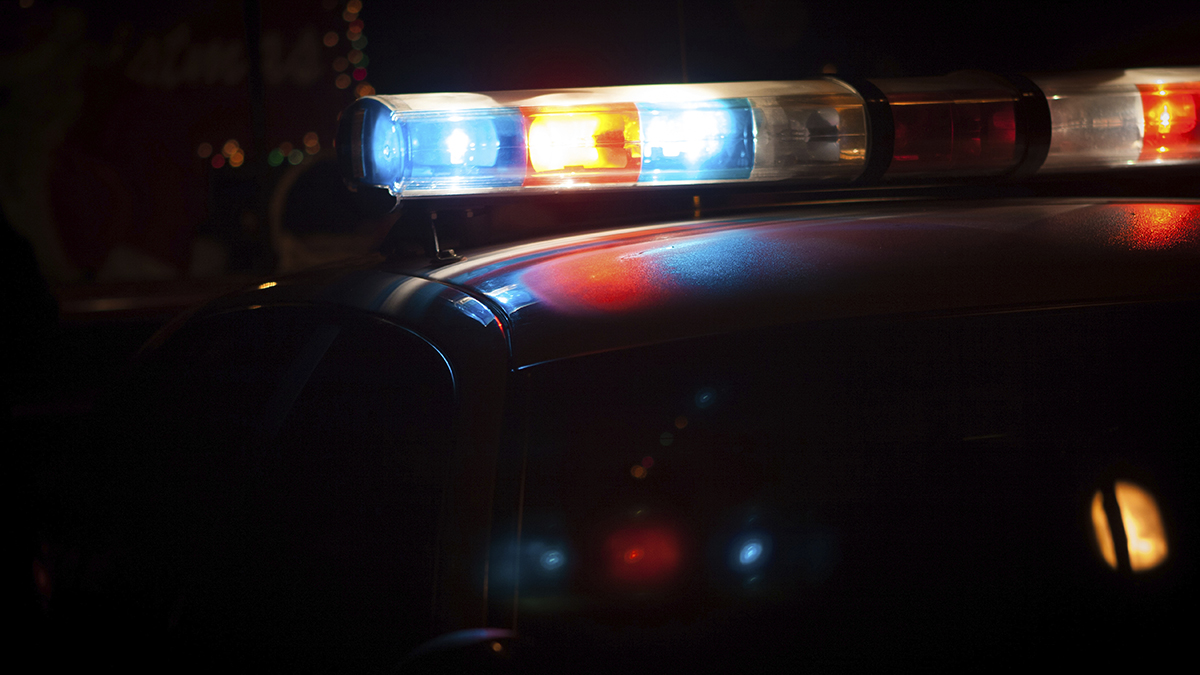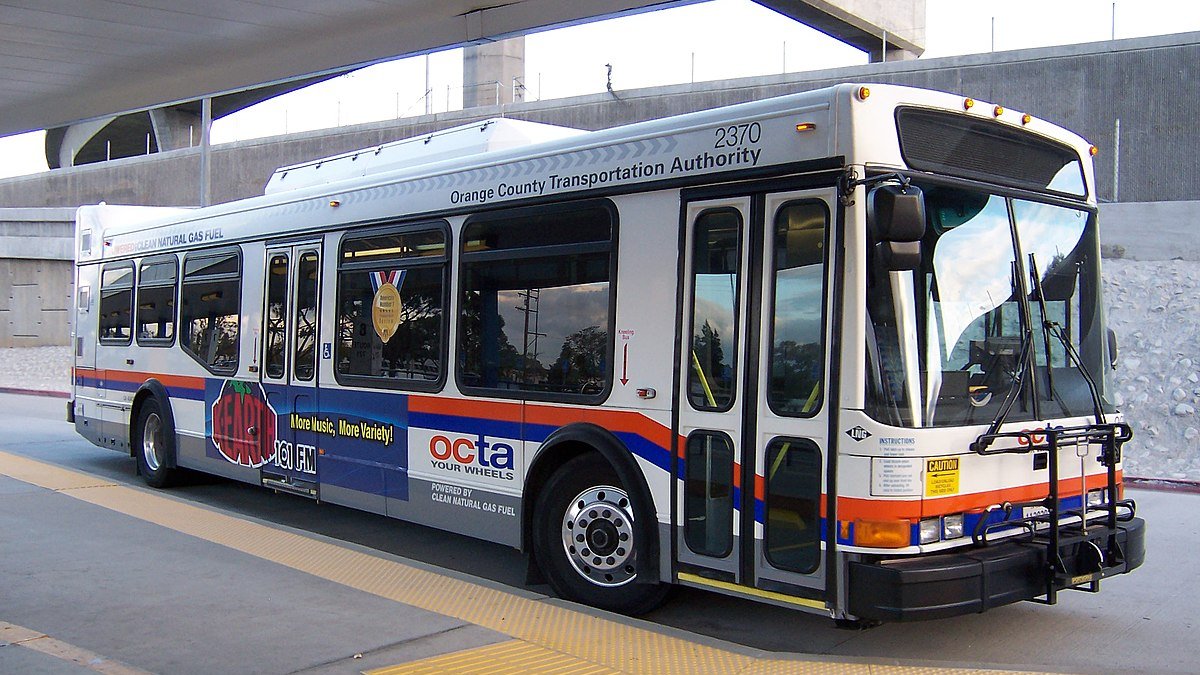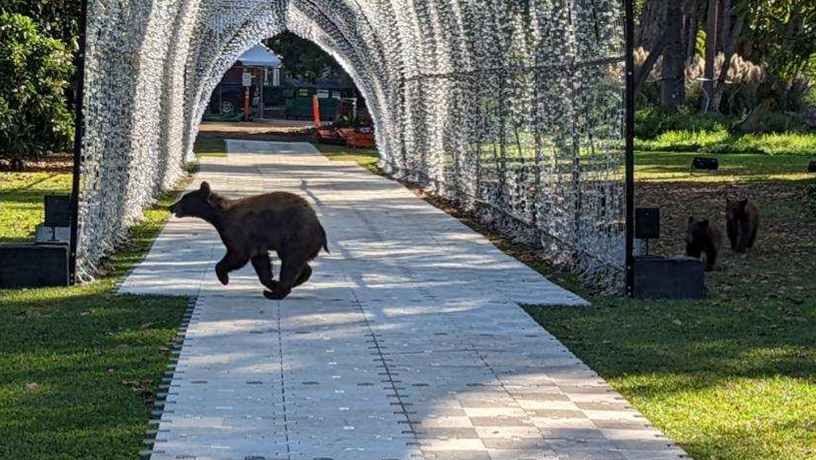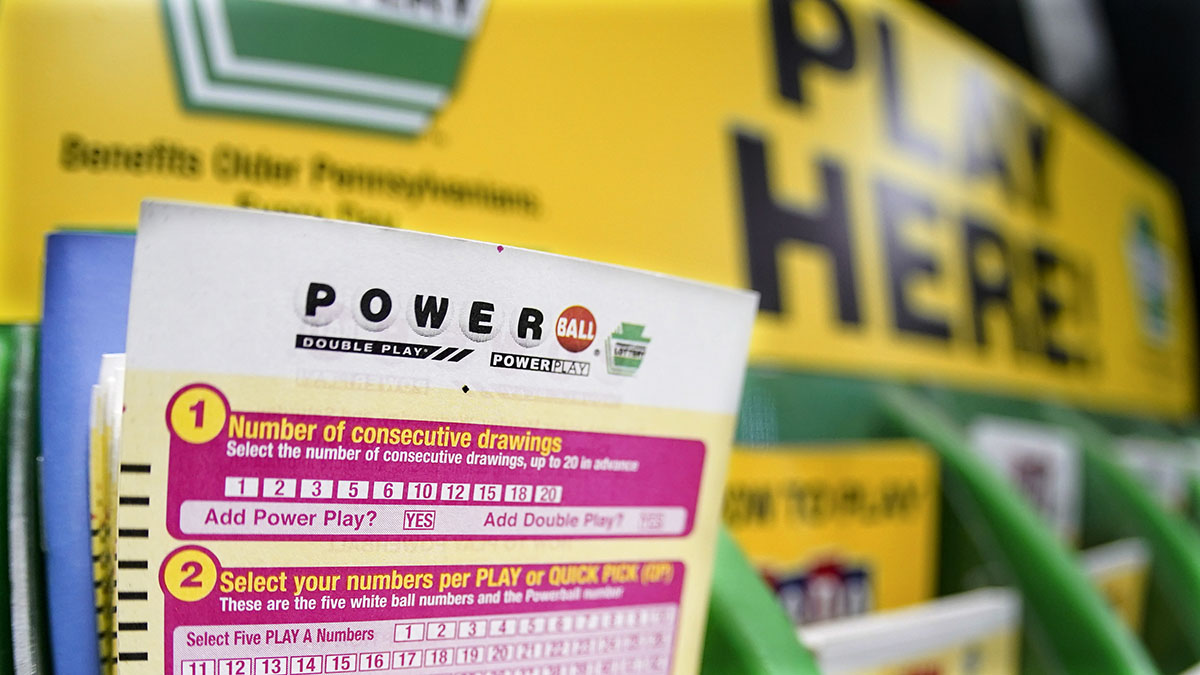Orange County Declares Health Emergency Over RSV Cases. But What Is RSV?
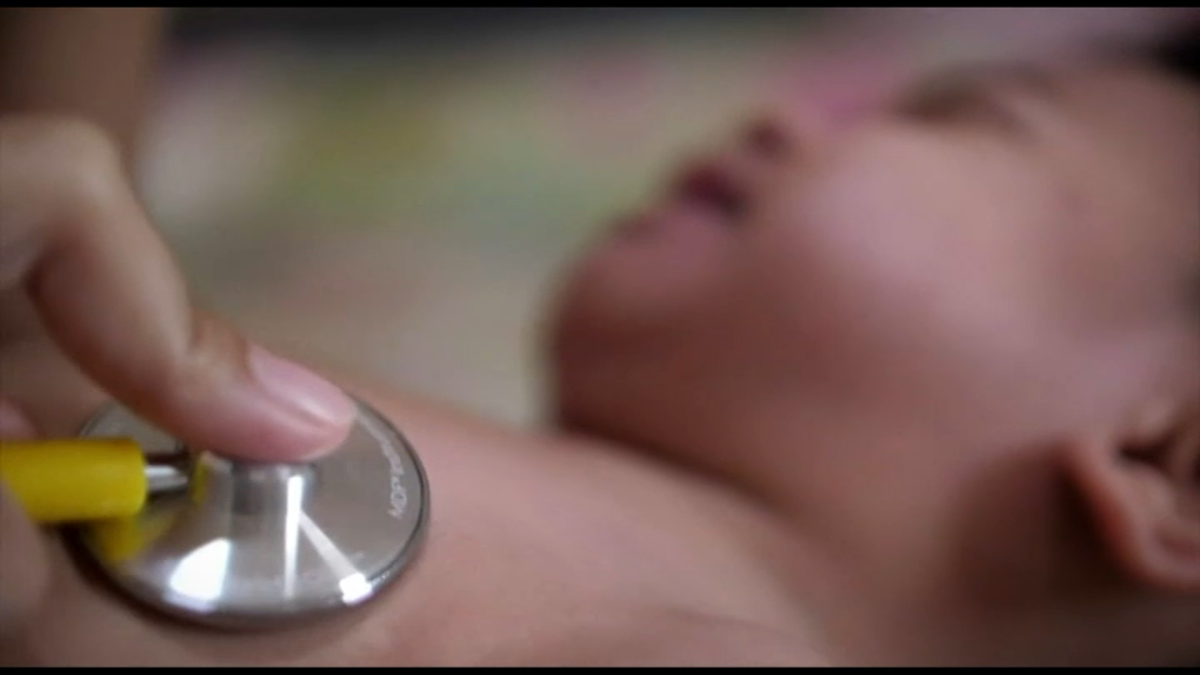
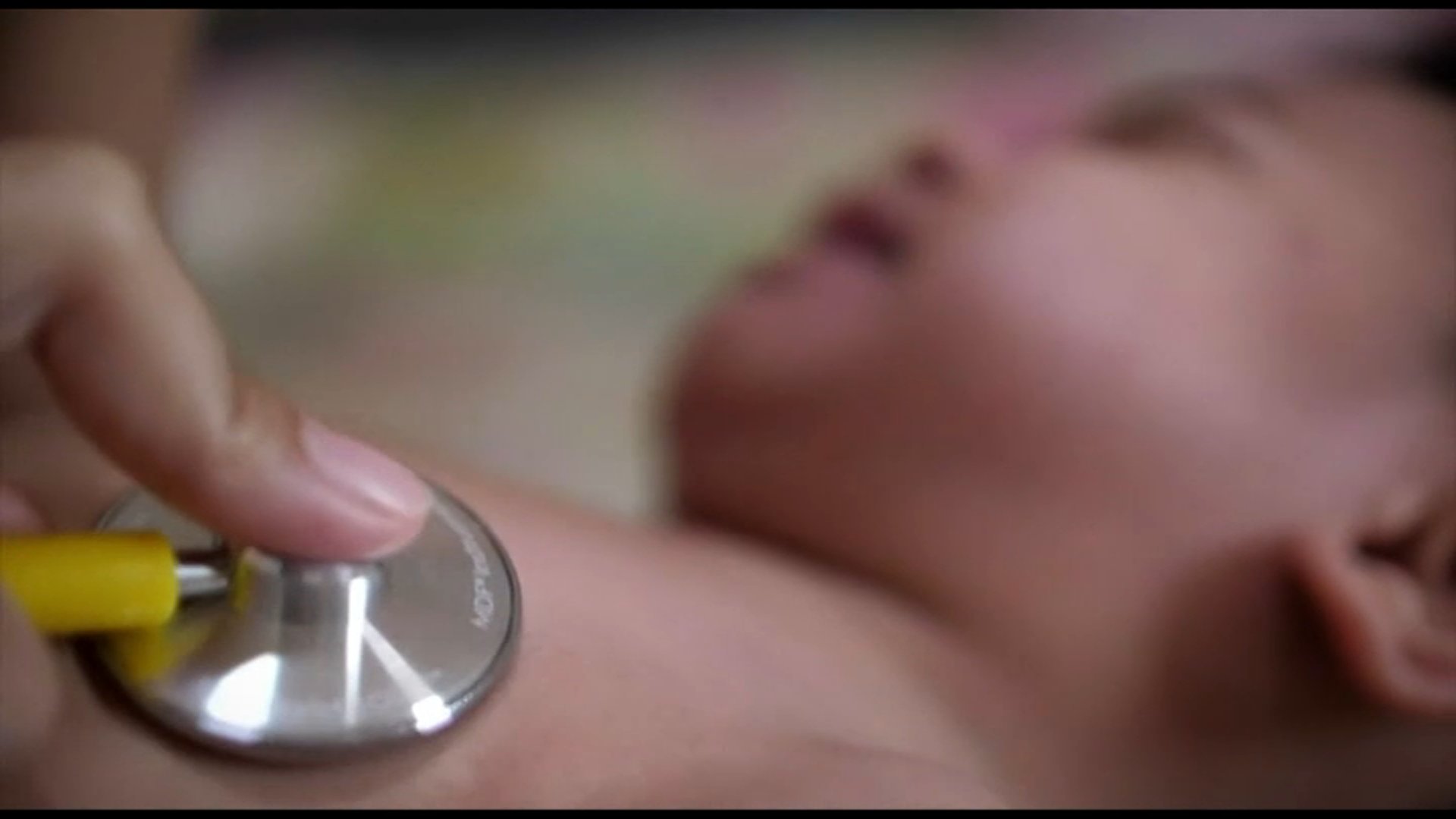
It’s shaping up to be a severe season for seasonal illness, with the continued COVID-19 pandemic layering on top of a vicious flu season.
Also added to those two viruses is a common respiratory virus that most children get before age 2 — but this year, respiratory syncytial virus is causing extra concern.
Many children across the country, and in Southern California, are getting sick with the dangerous virus. In Orange County, sick children are rapidly filling up hospital beds and emergency rooms, causing the county to declare a health emergency.
The rapid increase in RSV cases is putting pediatric hospitals close to or at capacity. Some of those hospitals are also dealing with a record number of ER visits.
The county issued a local emergency proclamation, so local governments can access state and federal aid. Further discussion is expected during Tuesday’s Orange County Board of Supervisors meeting.
But what is RSV, and what can be done to prevent or fight it?
According to the CDC, RSV results in around 58,000 annual hospitalizations and 100 to 300 deaths among children under 5 each year in the U.S.
What is RSV?
RSV, short for respiratory synccytial virus, is a common ailment that usually causes mild cold-like symptoms, according to the CDC. Most people recover in a week or two, but the virus can be serious, particularly for infants and older adults.
The virus typically peaks in winter, but it started to circulate this summer, which surprised — and concerned — doctors, and likely reflects how the COVID pandemic disrupted circulation patterns for conditions like RSV. The CDC says the season usually starts between mid-September and mid-November and peaks in late December to mid-February.
Positive tests start to drop between mid-April and mid-May, typically. Florida has an earlier onset of the RSV season and it lasts longer there as well compared with other parts of America.
RSV is the most common cause of bronchiolitis (inflammation of small airways in the lungs) and pneumonia (lung infection) in kids younger than 1 in the United States.
People infected with Respiratory Syncytial Virus (RSV) usually show symptoms 4-6 days after infection.
What Are the Symptoms of RSV?
The CDC says signs of RSV can include:
- a cold
- runny nose
- fever
- a cough
Seek medical attention immediately if your child shows signs of:
- trouble breathing, or hard and fast breathing
- flaring of the nostrils
- grunting
- head bobbing
- skin sucked in around ribs or collarbones
- dehydration, such as no urine in over 8 hours or dark-colored urine, or a lack of tears
- persistent or high fever
- lethargy or extreme fatigue
Your primary care physician, pediatrician, urgent care or hospital can help if your child shows symptoms of RSV.
How Do I Know if My Child Has RSV?
Like COVID, RSV can be diagnosed via antigen or PCR test. The most common diagnostic measure is a mouth swab or blood test that assesses white blood cell count, which viruses affect.
In young children, antigen tests accurately detect the presence of the virus in between 80% and 90% of patients, according to the CDC. More sensitive PCR tests are needed more often for older children and adults, who can get sick while carrying a lower viral load.
In severe cases, additional testing like chest X-rays or CT scans might be needed to evaluate potential lung complications.
How Can I Help Treat RSV if My Child is Sick?
According to the CDC, most RSV infections resolve on their own within two weeks.
If your child is sick:
- Give them plenty of liquids to stay hydrated
- Manage fever and pain with over-the-counter medications like Tylenol (acetomenophin) or Advil (ibuprofen).
According to the Mayo Clinic, “use of nasal saline drops and suctioning may help clear a stuffy nose,” especially if your child is too young to blow their nose on their own.
What are preventative measures you can take to avoid RSV? The CDC recommends washing hands and avoiding close contact with others.
How Can I Prevent the Spread of RSV?
The advice the CDC gives for preventing the spread of RSV if you think you might be sick is similar to its advice for many respiratory illnesses:
- Cover coughs and sneezes with your elbow, sleeve or a tissue, not your hands
- Wash your hands often with soap and water for at least 20 seconds
- Avoid close contact with others, like kissing, shaking hands or sharing utensils
- Clean frequently touched surfaces like phones and doorknobs
- Avoid touching your face with unwashed hands
- Limit the time children who may be sick spend in childcare centers or other high-transmission settings during RSV season
- Wear a mask
According to the CDC, a drug called palivizumab is available to prevent severe RSV illness in certain high-risk infants and children, like premature babies or those with congenital heart disease and chronic lung disease.
“The drug can help prevent serious RSV disease, but it cannot help cure or treat children already suffering from serious RSV disease, and it cannot prevent infection with RSV,” the CDC says on its website.
There is currently no vaccine against RSV, but Pfizer is testing one, with promising results so far.
Data shows that when the shot was given to women in their late pregnancy, the vaccine was highly effective at protecting newborns against severe cases of the respiratory virus.
Pfizer plans to submit an application to the FDA for the vaccine’s approval by the end of 2022.
Share this news on your Fb,Twitter and Whatsapp
NY Press News:Latest News Headlines
NY Press News||Health||New York||USA News||Technology||World News

